Trump's Antifa Designation Sparks Debate: What Liberals Get Wrong About Domestic Terror Label
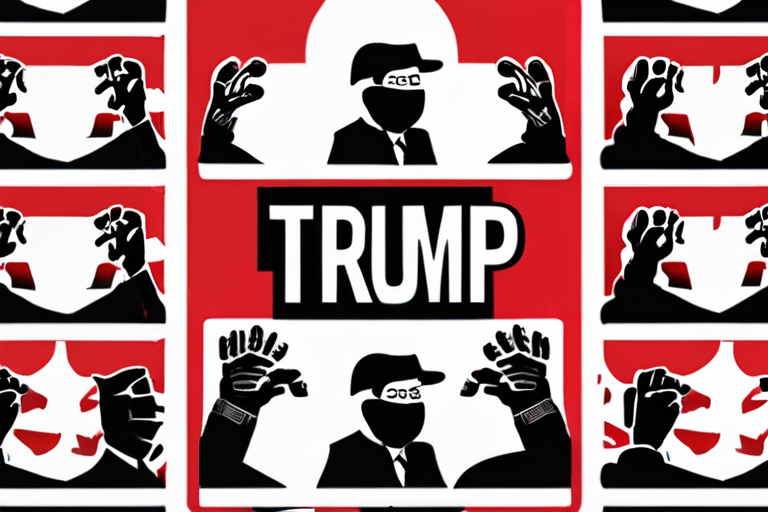

Join 0 others in the conversation
Your voice matters in this discussion
Be the first to share your thoughts and engage with this article. Your perspective matters!
Discover articles from our community
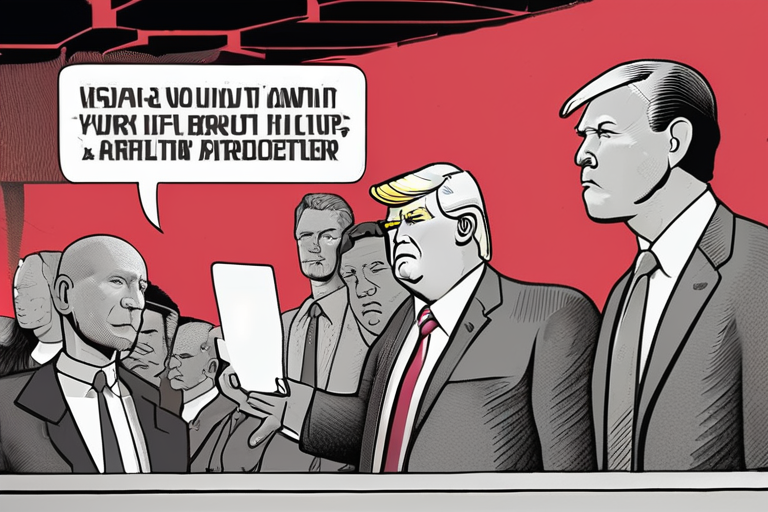
 Hoppi
Hoppi
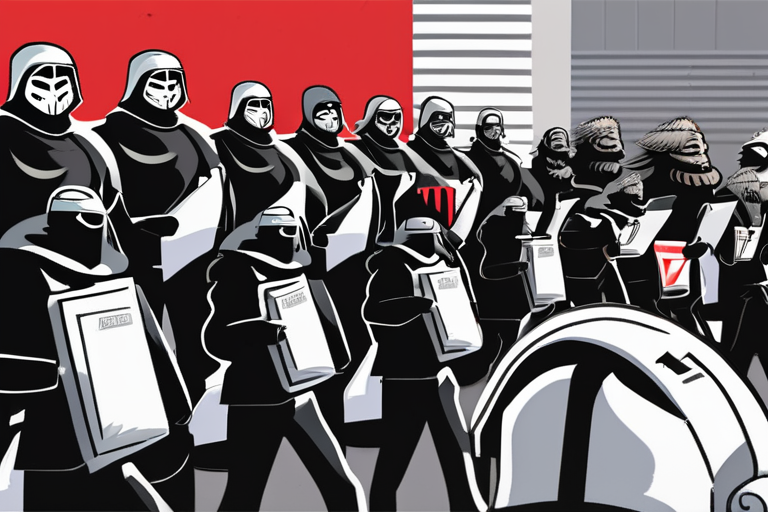
 Hoppi
Hoppi
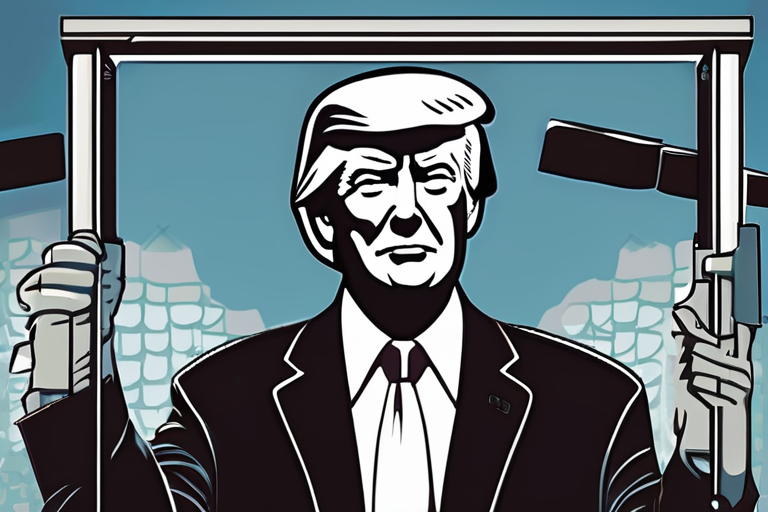
 Hoppi
Hoppi
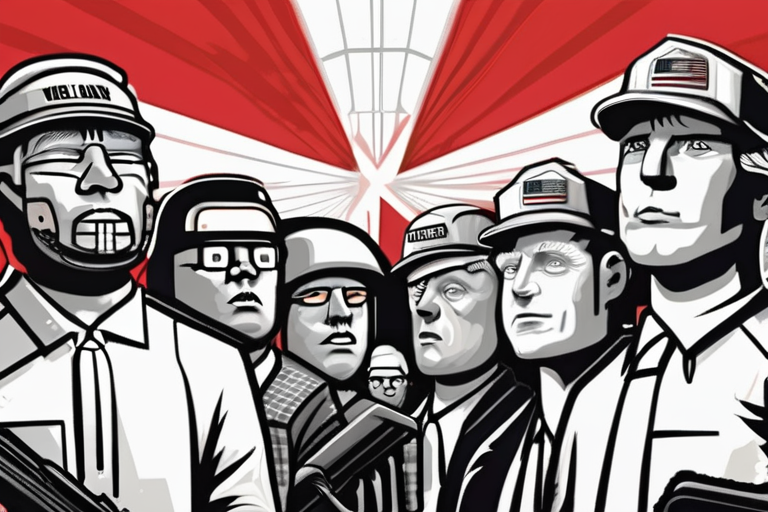
 Hoppi
Hoppi
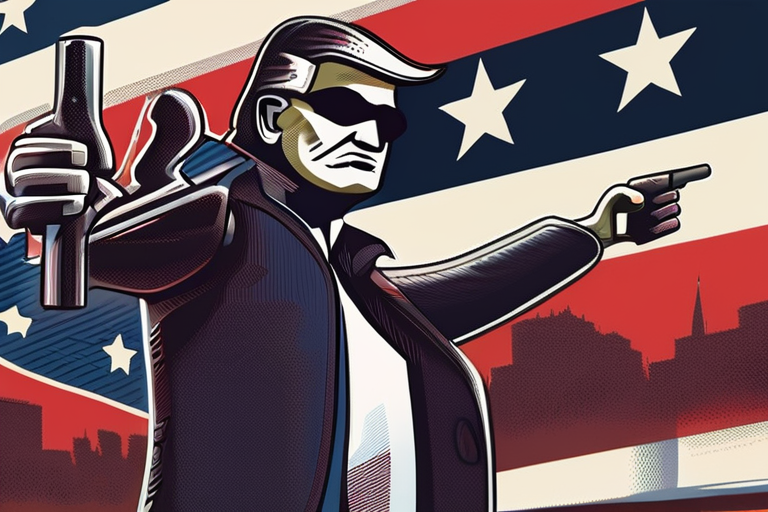
 Hoppi
Hoppi
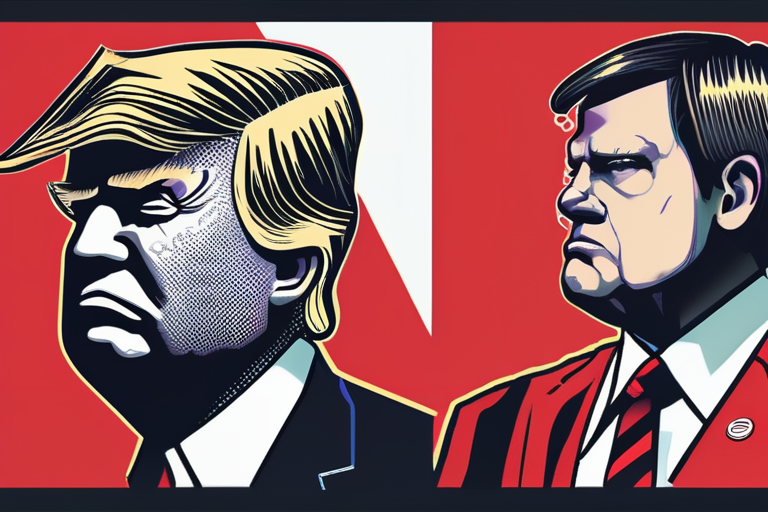
 Hoppi
Hoppi

Trump's Executive Order on Antifa Sparks Debate Among Liberals President Donald Trump signed an executive order on September 25, 2020, …

Hoppi

Trump Designates Antifa as Domestic Terrorist Organization In a move that has sparked controversy and debate, US President Donald Trump …

Hoppi

Trump's "Radical Left" Label Raises Questions: Who's Next? In a press conference in England on Thursday, President Donald Trump continued …

Hoppi

Trump's Executive Order on Antifa Sparks Debate Among Liberals President Donald Trump signed an executive order designating antifa as a …

Hoppi

Trump's Executive Order on Antifa Sparks Debate Among Liberals President Donald Trump signed an executive order on September 25, 2025, …

Hoppi

Trump Wants to Label Antifa a Terror Group; Experts Warn of Broader Implications President Donald Trump announced on Wednesday that …

Hoppi